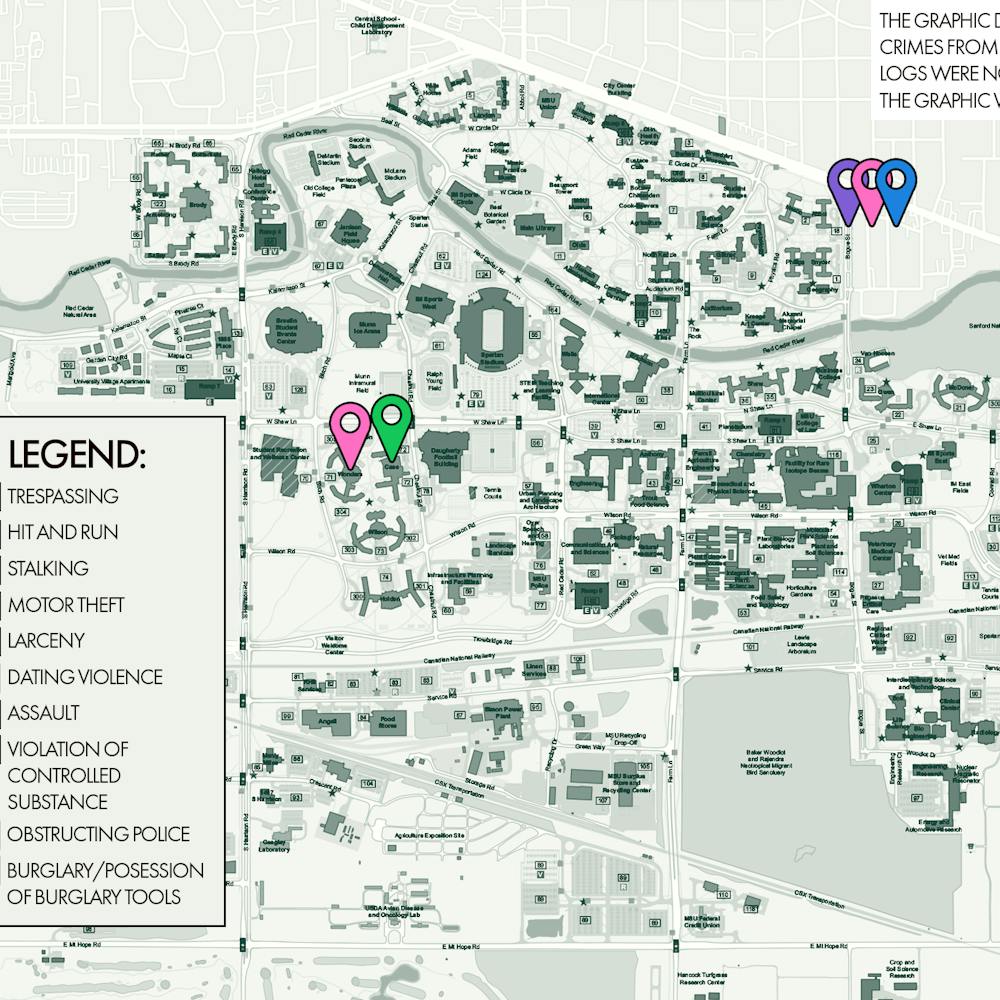“I think words can cut us to the core and send us to the moon,” professor and director of the RCAH Language Proficiency Program India Plough said.
Language is a huge part of our everyday lives, though it is often taken for granted. Earlier this week, the RCAH Center for Poetry hosted a discussion on how different languages can affect our attitudes, behaviors, and everyday interactions.
Educational psychology and educational technology graduate Spencer Greenhalgh, who leads the RCAH Integrated Language Options, said language is the foundational skill and tool people use to accomplish everything else.
Greenhalgh said no two languages are perfectly alike.
“If you put down a hammer and pick up a screwdriver, there’s some things you can do the same and there’s some things you’ll have to do differently,” Greenhalgh said.
Greenhalgh lived in France and Switzerland as a missionary for two years, where he spoke French a majority of the time.
“That had a small effect on everything I did,” Greenhalgh said.
He said as a missionary, it was interesting to see how the different language changed the way he saw his religion and his faith.
“The things we take for granted are sometimes surprising because we don’t expect those things to shift,” Greenhalgh said.
As a foreign language teacher, Greenhalgh said learning a new language changes the way a person sees the world.
“It’s good not just for career reasons or utilitarian reasons -- people have to be interested in developing these skills so they can broaden the way they look at the world,” Greenhalgh said.
Plough said there’s work being done on the brains of bilingual speakers, showing that different parts of the brain are being activated with the use of different languages.
“Just in terms of the neurobiology of it, there are physical things that are different,” Plough said.
Plough said she thought an interesting part of Tuesday’s discussion was the question of whether one becomes a different person when speaking a different language.
“I don’t know that I become a different person, I don’t know that that’s possible, but I do find different aspects — maybe certain traits — come out more in one language than the other,” Plough said.
Professor and director of the Center for Poetry Anita Skeen said in the culture we live in today, language is terribly misused. She said people such as politicians and advertisers make language say what they want it to rather than thinking about language itself.
“Those of us who are in the business of protecting...and loving language have to do everything we can,” Skeen said.
She said switching from one language to another makes a person conscious of what they’re saying, especially because it is sometimes difficult to convey what is so easy to convey in one’s native language.
“Things don’t always translate very well from one language to another,” Skeen said.
Assistant director of the Center for Poetry Linnea Jimison said at the poetry center they think about language a lot, since poetry is an art form that uses language to communicate.
Support student media!
Please consider donating to The State News and help fund the future of journalism.
She said it’s helpful to keep in mind that there are other ways of using language.
“It’s like we discussed (Tuesday), there are different ways of seeing the world and interacting with each other and those differences or similarities can be reflected through language,” Jimison said.
She said it was interesting to see various cultures represented through different languages at the discussion, creating a dialogue and bonding in that way.
Jimison said she has been to other countries, including a study abroad in France, and has had the experience of being at a conversational disadvantage.
“It does shift your awareness, it makes you aware of your surroundings...and your interactions,” Jimison said, “When you come back to your own language it makes you think about that differently too.”
Discussion
Share and discuss “Students sound off on the cultural significant of languages ” on social media.






